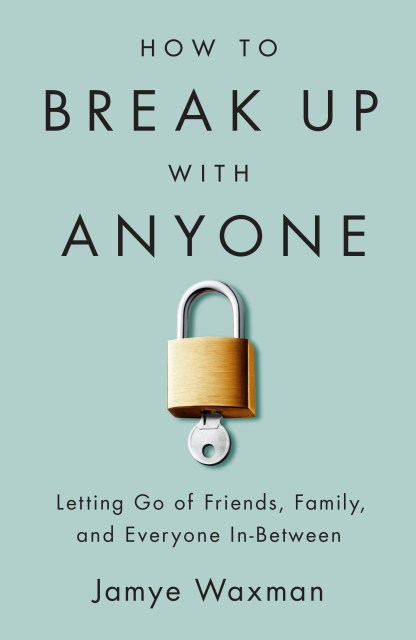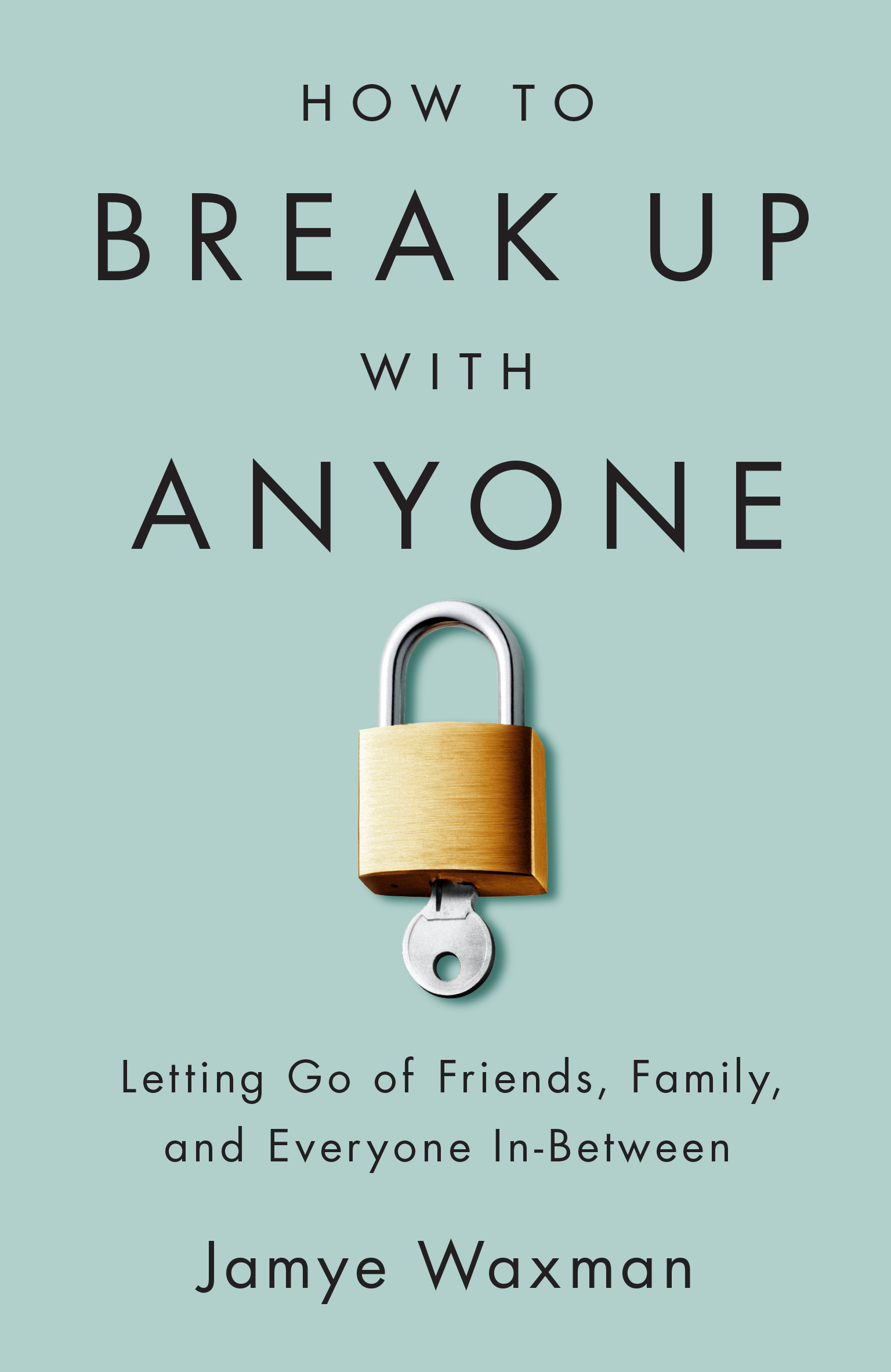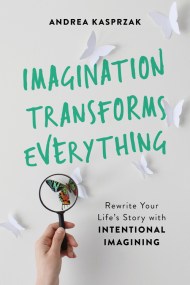By clicking “Accept,” you agree to the use of cookies and similar technologies on your device as set forth in our Cookie Policy and our Privacy Policy. Please note that certain cookies are essential for this website to function properly and do not require user consent to be deployed.
How to Break Up With Anyone
Letting Go of Friends, Family, and Everyone In-Between
Contributors
By Jamye Waxman
Formats and Prices
- On Sale
- Sep 22, 2015
- Page Count
- 256 pages
- Publisher
- Seal Press
- ISBN-13
- 9781580055987
Price
$9.99Price
$11.99 CADFormat
Format:
- ebook $9.99 $11.99 CAD
- Trade Paperback $19.99 $25.99 CAD
This item is a preorder. Your payment method will be charged immediately, and the product is expected to ship on or around September 22, 2015. This date is subject to change due to shipping delays beyond our control.
Buy from Other Retailers:
Not all relationships are made to last forever. Sometimes what starts as a beautiful friendship or productive partnership turns toxic, or one-sided, or unhealthy-and the best solution for both parties is to end it. In How to Break Up With Anyone, relationship expert Jamye Waxman has written a much-needed guide to every step of a non-romantic breakup. Drawing from her own experiences, Jamye provides strategies for disengaging from a friend, family member, community, or even former version of oneself, addressing both practical and emotional concerns. While ending a relationship can be painful, Jamye’s positive message focuses on the ultimately liberating aspects of putting unhealthy relationships to rest.
Chapters include: Breaking Up Versus Taking a Break, Best Friends Forever No More, Breaking Up With Family, Kissing Community Goodby, eRelabeling Your Sexuality and Gender, Breaking Up With Your Career, Breaking Up With Anyone Else, Being Broken Up With. How to Break Up With Anyone provides the tools for anyone to initiate a breakup, the encouragement to get through it, and the wisdom to recognize that they don’t have to settle for anything less than productive, healthy relationships.
Covering a variety of relationships, How to Break Up With Anyone is a timeless resource for people of all ages.
Newsletter Signup
By clicking ‘Sign Up,’ I acknowledge that I have read and agree to Hachette Book Group’s Privacy Policy and Terms of Use






